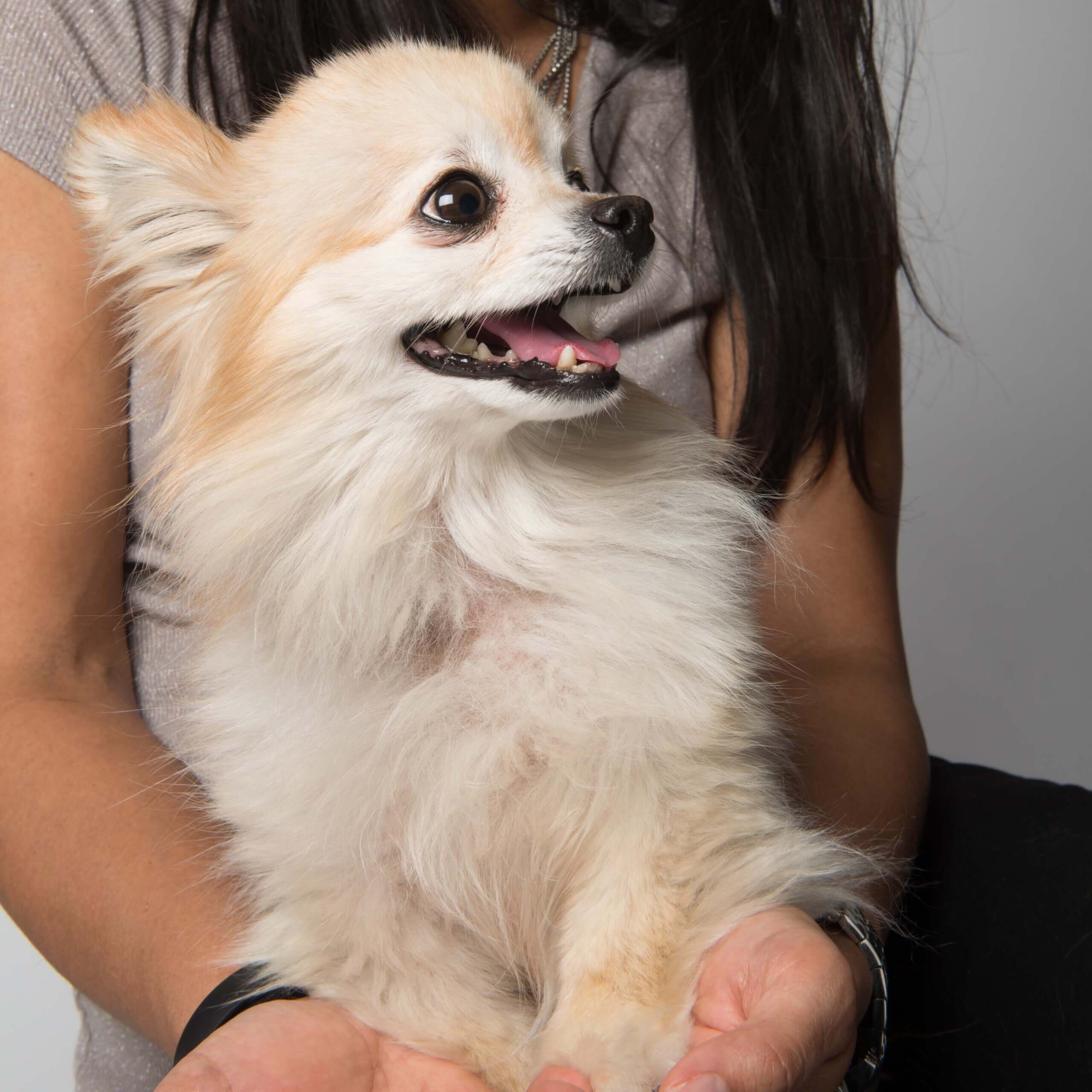Cornell Center Animal hospital is professional and friendly practice in the Portland, Oregon area. We are dedicated to enhancing your pet’s quality of life by providing compassionate, high-quality veterinary care that is rewarding for our patients, clients, hospital team and community.











Since 1996 our veterinary clinic has offered wellness, medical, surgical, and dental care for cats and dogs. Our team believes that the most important component of high-quality veterinary medicine is the relationship we build with both you and your pet.
If your pet has an illness or injury, please call and we will prioritize your pet’s care. We offer all of the services below and more. Our team of highly skilled veterinary professionals’ highest priority is getting to know you and your pet so they can develop and implement the most personalized and effective health care plan to keep your companion happy and healthy throughout their life.
Conveniently located in Beaverton, we serve neighboring communities with the same level of excellence, ensuring that every pet receives the highest quality of care. Some of these areas include the city of Portland, Aloha, Hillsboro, Tualatin, Lake Oswego and West Linn. If you are a pet owner in the local area, Trust Beaverton Veterinary Hospital to be your partner in keeping your furry friends healthy and happy.